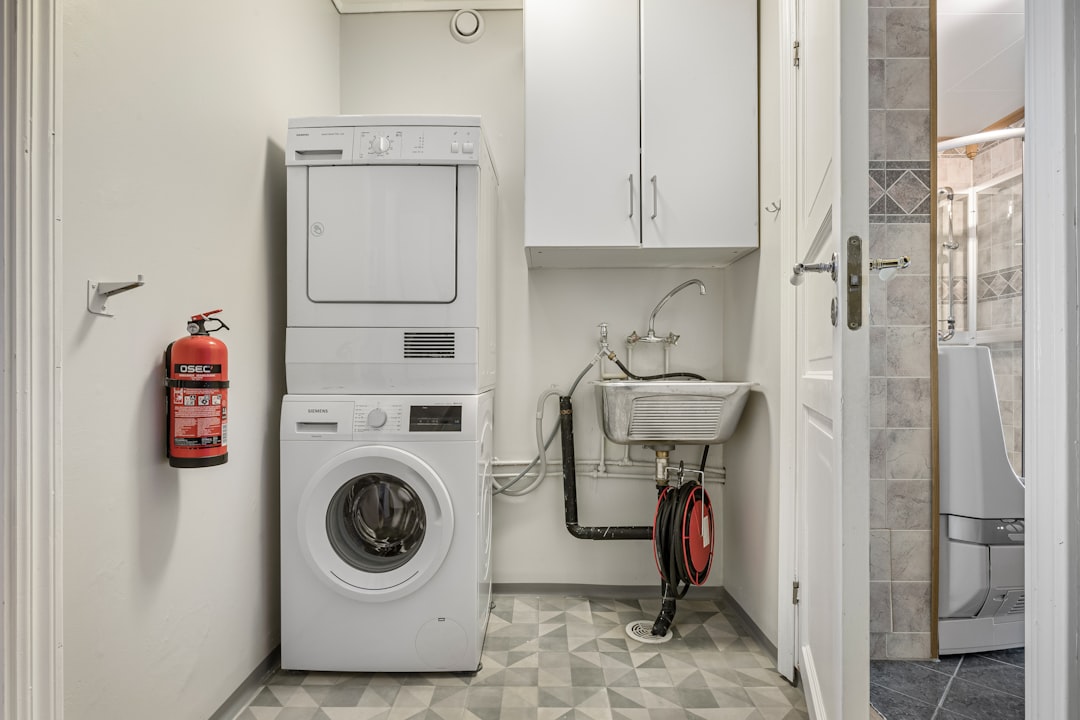
As touch-free fixtures become popular in high-end homes, builders are frequently asked about the cost of hand dryer installations. This guide provides a comprehensive breakdown of costs, from equipment to electrical upgrades, helping construction professionals deliver accurate estimates. Current estimates for installing a hand dryer range from $600 to $1,300, depending on factors like equipment choice and power requirements.
Component Cost:
Premium dryers may require 12–20 amps, necessitating potential electrical upgrades.
Different wall materials like tile or concrete may require additional reinforcement and labor.
Proper ventilation may add $150–$900 to the project cost.
Custom designs may require additional carpentry work.
Utilize AI tools to capture site conditions and generate precise estimates, ensuring all cost drivers are covered.
Costs can vary significantly by region, with coastal areas often incurring higher expenses.
A recent project involved installing two hand dryers, with a total cost of $1,100 (typical total project), showcasing the efficiency of using AI tools for estimates.
Consider alternative solutions in homes with specific limitations or requirements.
Visit CountBricks.com to explore AI-driven estimation tools for your next project.

Hand dryers are being installed in various residential spaces beyond bathrooms, offering quick and sanitary drying solutions.
1. Moisture exposure: Use corrosion-resistant materials.
2. Mounting height: Follow ADA guidelines.
3. Finish durability: Opt for powder-coated units in gyms.
A project involved installing a hand dryer and outdoor shower, reducing costs by consolidating tasks.
Explore how AI tools can simplify pricing for innovative residential amenities. Visit CountBricks.com for more information.